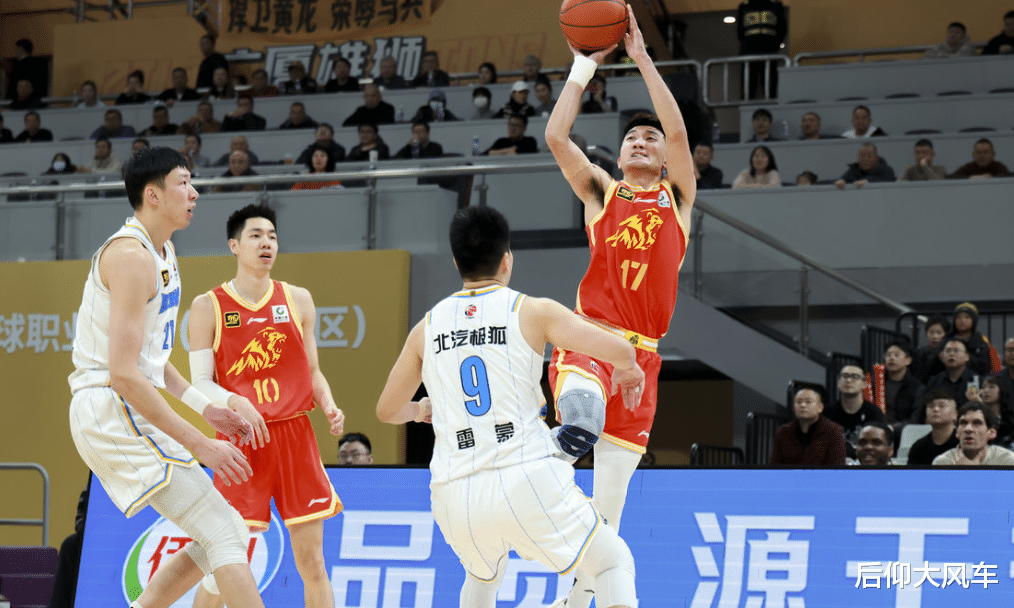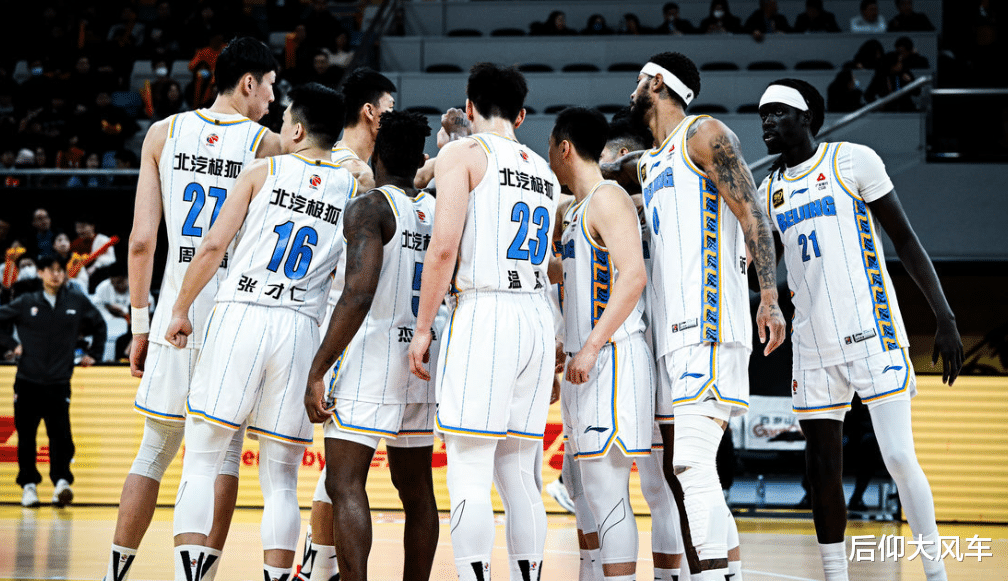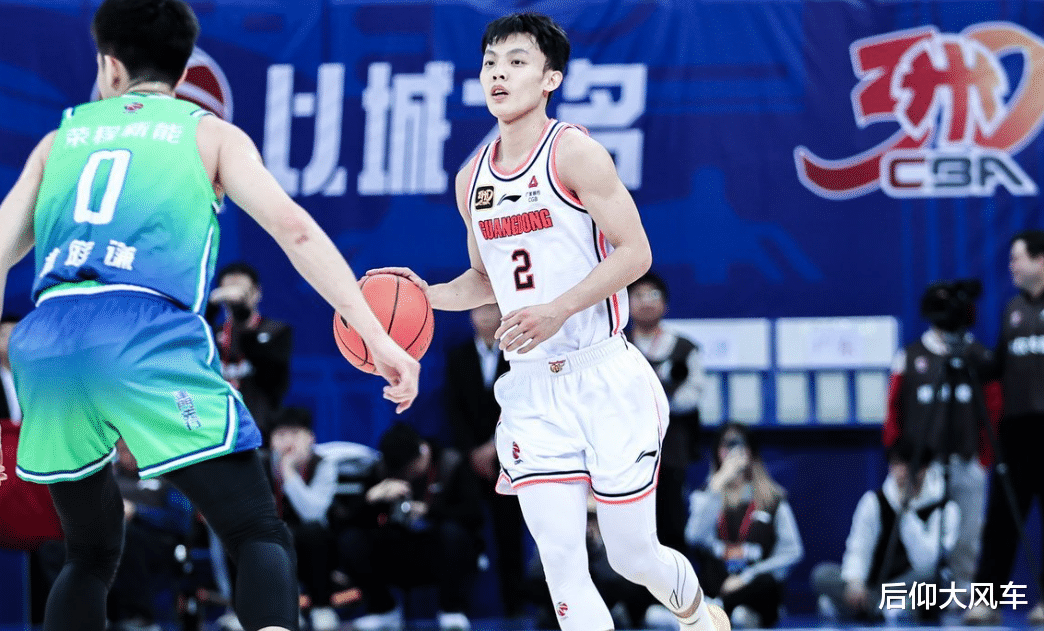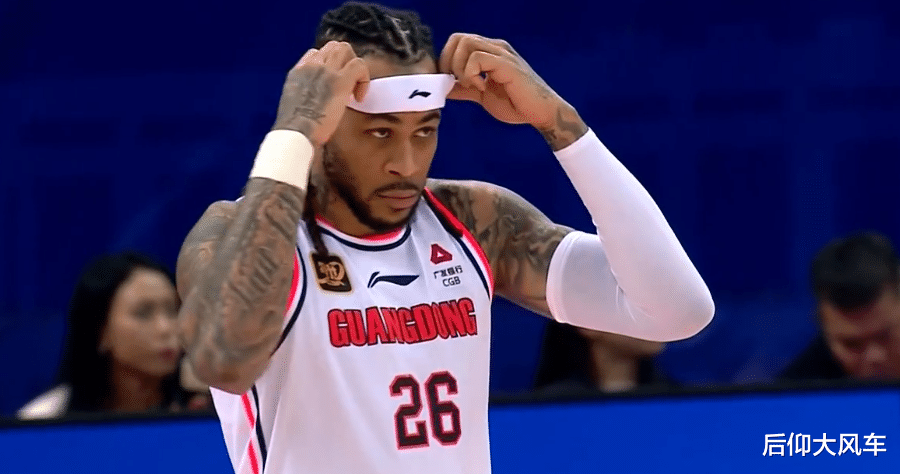The CBA regular season is entering its final stages, with the second phase reaching its latter half. On January 8th, Beijing time, the 28th round of the regular season concluded with eight matches. Many strong teams, including Liaoning, Guangdong, Zhejiang, and Xinjiang, had fruitful results, while the two Beijing teams were the biggest losers of the night.

In a low-scoring match that ended 83-79, Guangsha managed to turn around a 17-point deficit and defeat Beijing. They started poorly in the first half, scoring only 34 points, but they remained composed and gradually closed the gap with stable performances from Brown and Hu Jinqiu. Beijing still led by 10 points at the end of the third quarter, but they collapsed in the fourth quarter due to Xu Limin's insistence on using a lineup with one big man and four small players. This led to a four-minute scoring drought for Beijing, allowing Sun Minghui and Carlton to lead Guangsha to a 13-2 run and take the lead. Despite Beijing briefly regaining a five-point advantage, Guangsha had already taken control of the game, with Zhou Qi leading the charge in the paint and securing numerous offensive rebounds. Beijing's main guards, Jieman and Fang Shuo, struggled, with Jieman scoring no points and committing two turnovers in the fourth quarter, while Fang Shuo made a crucial five-second violation on the sideline, effectively ending any hopes of a comeback. The loss dropped Beijing to seventh place in the standings, with their position now precarious as they could be overtaken by Zhejiang and Guangdong.

Guangdong, who have been steadily closing the gap with the top eight teams, secured a 120-111 victory over Tianjin, marking their fourth consecutive win. Despite facing a challenging opponent in Tianjin, who had previously defeated Guangdong multiple times, Guangdong made significant changes this season. They added players like Jilunwote, Bazley, Morand, and Wang Shaojie, increasing their frontcourt depth and improving their defensive capabilities. In their recent match against Tianjin, Guangdong successfully limited James to just 18 points, 17 rebounds, and 10 assists, making his three-point shooting ineffective. While Tianjin had several shooters and made 15 three-pointers, Guangdong matched them with 11 of their own. The key to Guangdong's victory was the combined efforts of Jilunwote and Xu Jie, who scored 46 points, grabbed 15 rebounds, and provided 13 assists. Additionally, Tianjin's poor performance in the second quarter, where they were outscored 44-25, gave Guangdong a comfortable lead that they maintained throughout the game. However, Guangdong also faced challenges, with Xu Jie playing nearly 45 minutes and showing signs of fatigue in the second half. Fortunately, other players like Jilunwote, Bazley, Zhang Haojia, and Wang Shaojie stepped up to support the team.

Shanghai continued their winning streak with a 13-point victory over Beikong, extending their record to 14 consecutive wins. The match was intense, with Lofton contributing an impressive 37 points, 17 rebounds, and 9 assists. Similar to Guangdong's win over Tianjin, Shanghai took control in the second quarter, outscoring Beikong 44-26 and establishing a 19-point halftime lead. Beikong attempted a comeback in the third quarter under the leadership of Salinge, reducing the deficit to single digits, but they were unable to replicate Guangsha's comeback miracle and ultimately lost 114-127 in the fourth quarter. The turning point came when Salinge was unexpectedly benched in the fourth quarter by coach Min Lulei, despite his crucial role in narrowing the gap in the third quarter. With Wang Zhelin already having five fouls, Beikong also chose not to use Shen Zijie and instead relied on Zou Yuchen, who also had five fouls. This decision left Beikong without a reliable player to challenge Shanghai's interior defense, and the responsibility for the loss lies with the coach's confusing player rotation.

Liaoning secured a 16-point victory over Sichuan, while Xinjiang won by 25 points against Tongxi. Liaoning's previous loss to Guangsha highlighted both Guangsha's strength and Liaoning's need to return to peak form. Against Sichuan, who were on a four-game losing streak, Liaoning struggled initially as Sichuan took the initiative and led multiple times in the first quarter. However, Liaoning quickly caught up and took the lead by halftime. Sichuan continued to chase in the third quarter, but Liaoning's superior overall strength allowed them to dominate the fourth quarter and secure the win, albeit not easily. Xinjiang, on the other hand, avoided a repeat of their previous fourth-quarter collapse against Shanxi. They comfortably led by nearly 20 points after three quarters and faced a weakened Tongxi team missing key scorers Lin Wei, Guo Haowen, and Lif. With only Floyd Jordan available in the fourth quarter, Tongxi posed little threat, suggesting they were not aiming to win this match and were conserving energy for their next encounter with Jiangsu.

The top four positions in the standings experienced a reshuffle following Liaoning's victory over Sichuan and Beijing's loss to Guangsha. Liaoning temporarily moved up to third place, while Xinjiang returned to fourth. Beijing slipped to seventh, and Zhejiang fell to eighth. Guangsha, with five consecutive wins, continued their momentum with 52 points, followed closely by Shanxi with 48 points. However, Shanxi has shown some instability recently, barely securing a win against a weaker Fujian team and facing potential locker room issues based on Pan Jiang's rumored desire to step down and Goodwin's post-game comments. In their upcoming hard-fought match against Guangsha, Shanxi may struggle, especially considering the current form of both teams.

Shandong's match against Jilin has yet to be played, so they temporarily trail Qingdao in the standings, ranking sixth. However, having already defeated Qingdao twice and also overcoming Xinjiang, Shandong is expected to maintain at least fourth place after all 28 rounds are completed.

The top eight teams continue to experience shifts in their rankings, with four teams facing internal issues. Xinjiang, Zhejiang, and Beijing have key players injured, while Shanxi's locker room seems to be experiencing problems. For Guangdong, who have won four consecutive games, an opportunity has arisen. Following their victory over Tianjin, Guangdong will return home to face Qingdao and Beikong in the next two rounds. Qingdao will be a tough opponent, but Guangdong is not intimidated, especially with the tactical genius of coach Min Lulei. If Guangdong can secure victories in these matches, they will further close the gap with the eighth-placed team (having already beaten both Qingdao and Beikong previously). After overcoming these challenges, Guangdong will embark on a relatively easier three-match away series against Guangzhou, Fujian, and Nanjing. Optimistically, Guangdong should be able to win at least three out of the next five matches.
